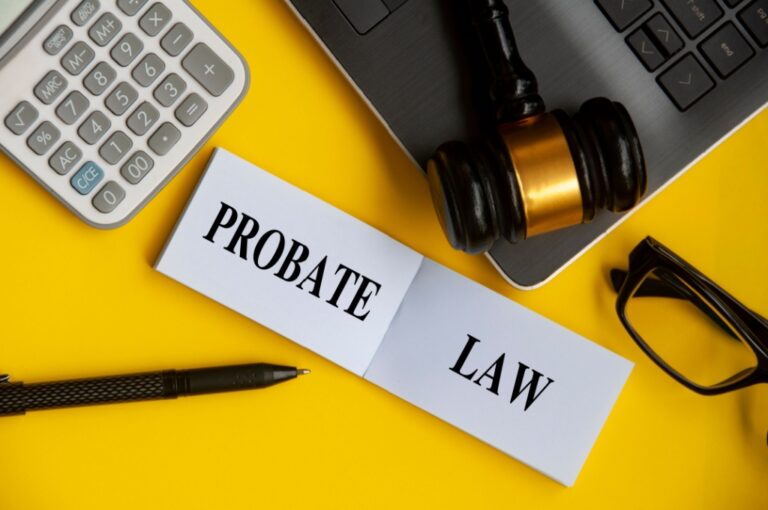When it comes to estate planning in Arkansas, creating a Last Will and Testament is an essential first step, however it is only part of the bigger picture. While a will details how your assets should be distributed after your death, it may not provide enough information to fully protect your estate or guide your loved ones through the administration process. Effective estate planning will attempt to avoid ambiguity and confusion after a death. For these reasons, it is recommended to create a comprehensive, itemized list of your assets when creating your estate plan. Always consult with an experienced Arkansas estate planning attorney to assist you along every step of the way.
Making an Inventory of Your Assets Will Prove Valuable After Your Death
Documenting your assets serves multiple purposes. It helps you determine the overall value of your estate, confirm legal ownership of assets, and identify any property that may not be addressed in your current estate plan. An organized inventory of assets and liabilities will simplify the process for your executor, who will be responsible for managing and distributing your estate according to your wishes after death. More importantly, it minimizes the risk of disputes or confusion among heirs and ensures that your assets are passed on to the people you intend to benefit
Essential Items to Include in Your Estate Planning Inventory
Making an inventory of your assets ensures that everything you own is accounted for and properly valued when they are distributed according to your wishes. To simplify this process, it’s helpful to categorize your assets into logical groups, allowing for easier tracking and updates as your circumstances change.
Start by listing liquid assets, which are resources that can quickly be turned into cash. These typically include bank accounts (checking, savings, and money market), CDs, stocks, bonds, mutual funds, and gold and silver. Next, account for any real estate holdings. This means your primary residence in addition to any vacation properties, rental homes, commercial buildings, and land. You should document the property, including the address, what’s on or in the property, your ownership share, and any loans or mortgages attached to it.
You’ll also want to document your valuable personal property. This includes tangible items like vehicles, jewelry, electronics, antiques, furniture, and collectables. Remember to also list any digital assets, such as cryptocurrency, domain names, and reward account memberships or airline miles rewards. Retirement accounts and insurance policies should be recorded as well, including any IRAs, 401(k)s, life insurance policies, annuities, and pensions.
Additionally, it is important to list any business holdings you may have. These include sole proprietorship, partnership, LLC, or corporations. You should also specify details such as ownership percentage, profit shares, intellectual property rights, or equity in the company.

Finally, it’s critical not to overlook your debts and liabilities, as debts unfortunately do not just disappear upon death and must be settled by the estate. Include mortgages, loans, credit card balances, and any liens. Also, be sure to list any money owed to you, like personal loans you’ve made, unpaid rents, outstanding invoices, or promissory notes. Being meticulous in these records helps your executor efficiently settle your estate, prevents legal delays, and ensures that your assets are passed on as intended.
Contact L. Jennings Law to Help With Your Arkansas Estate Planning
Creating an inventory of your assets and liabilities is a critical step in ensuring your estate is settled smoothly. Just as important is working with an experienced attorney to ensure that your estate plan is legally valid. At L. Jennings Law, our Little Rock, Arkansas estate planning attorneys bring extensive knowledge and practical experience to every client. We can help you identify overlooked assets, assess their value, and properly include them in your will to ensure they are passed on to the right beneficiaries.
Whether you’re starting from scratch or updating an existing estate plan, having a solid strategy is one of the most important things you can do to protect your legacy. In addition to estate planning, L. Jennings Law also provides legal services in elder law, probate and administration, business planning, and Social Security disability. To learn more about how we can assist you, contact us online or call us at 501-501-WILL.







